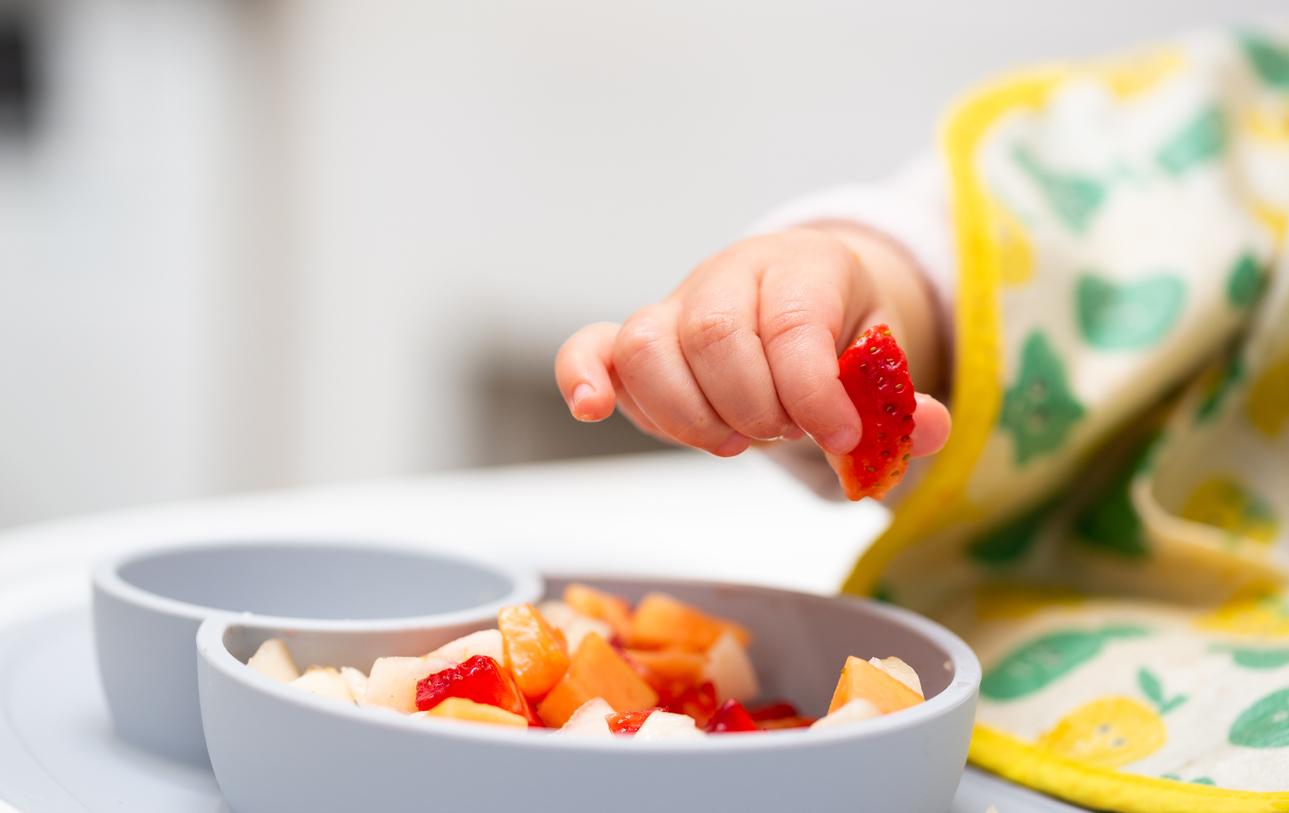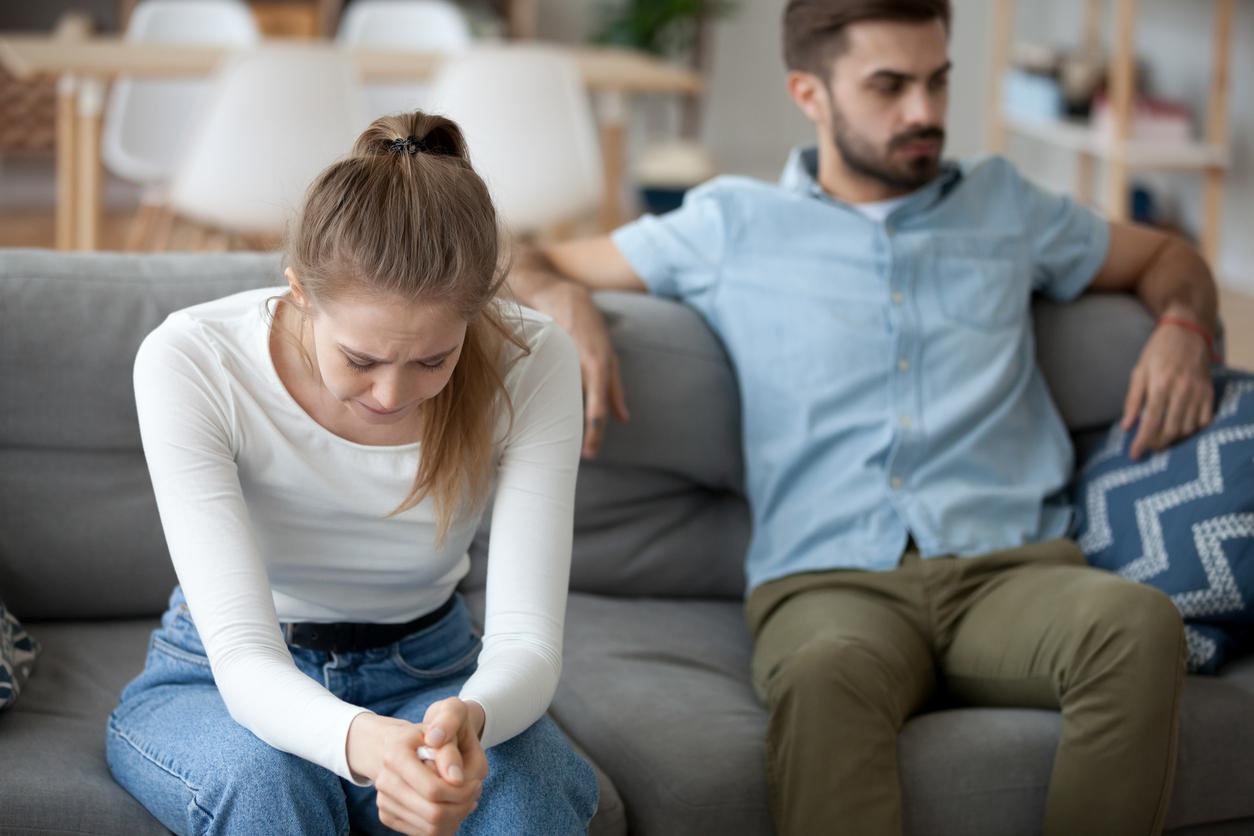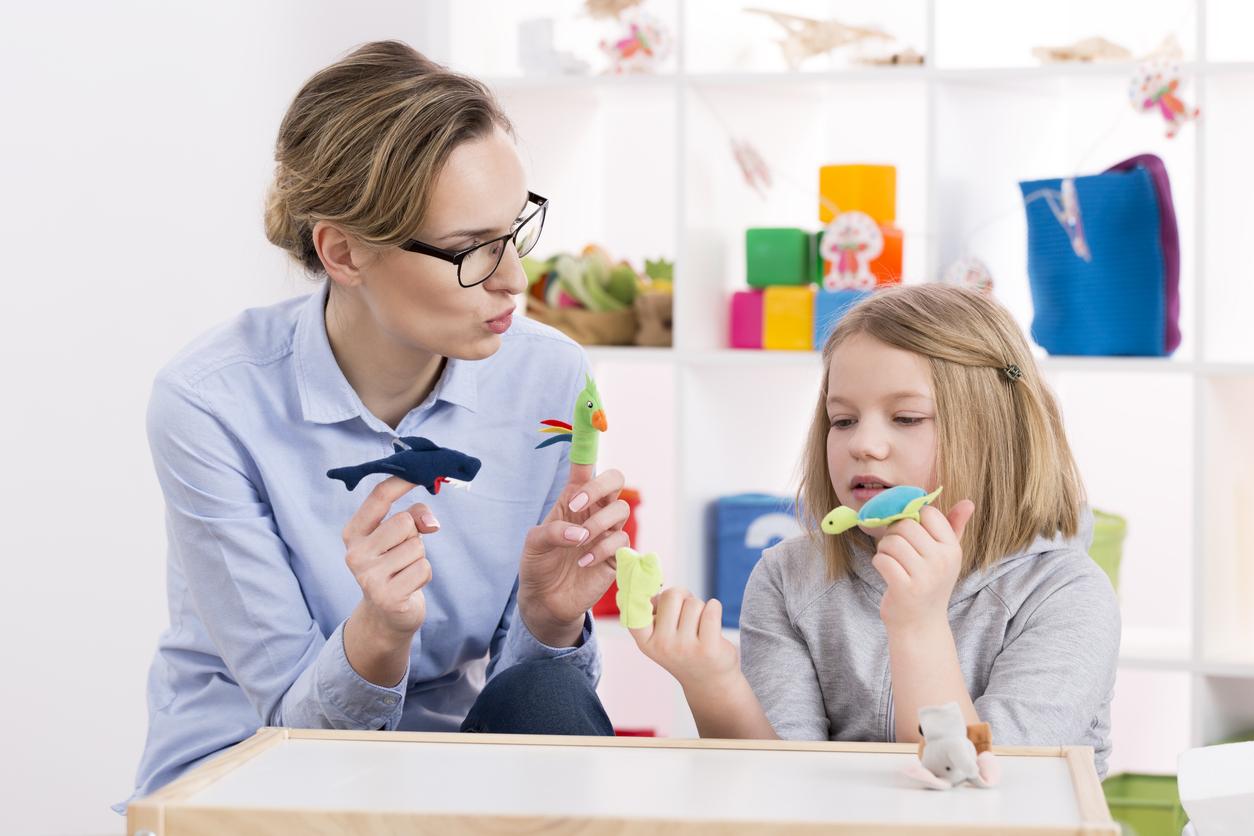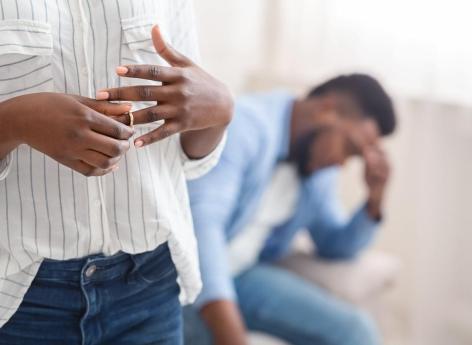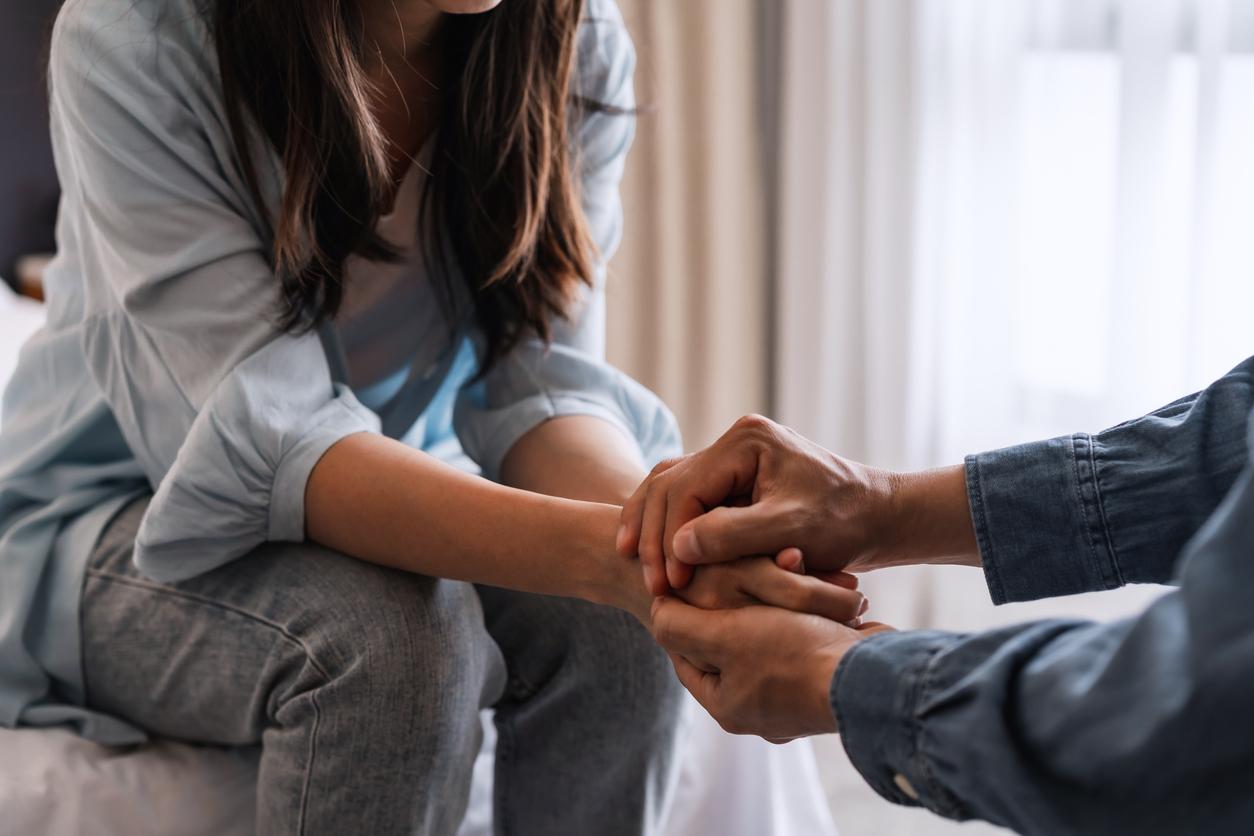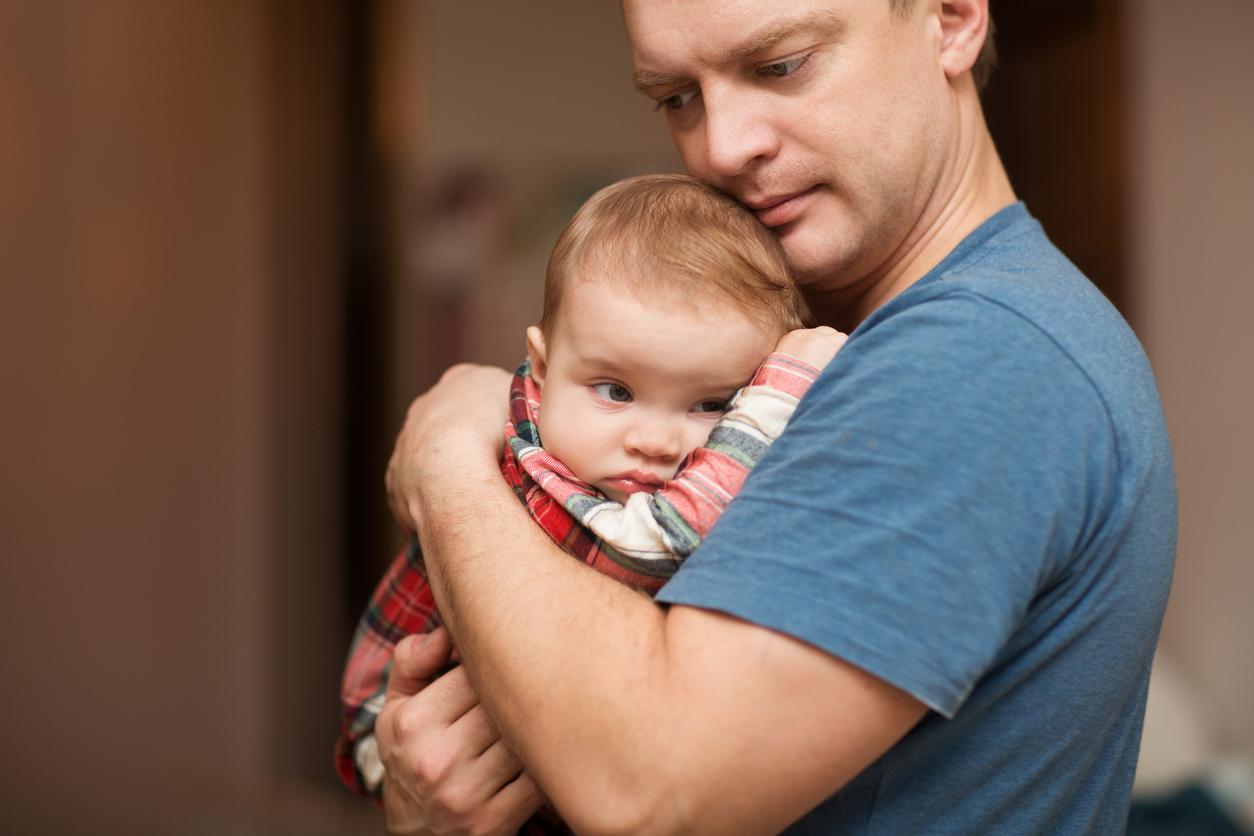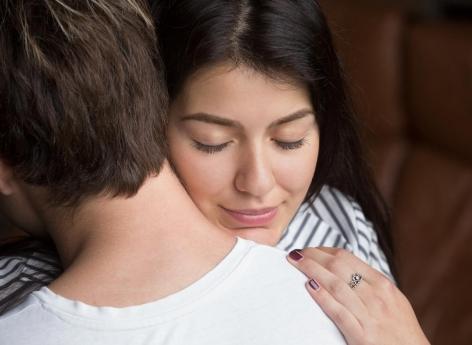The construction of our type of attachment in childhood can have consequences in our romantic relationships as adults.
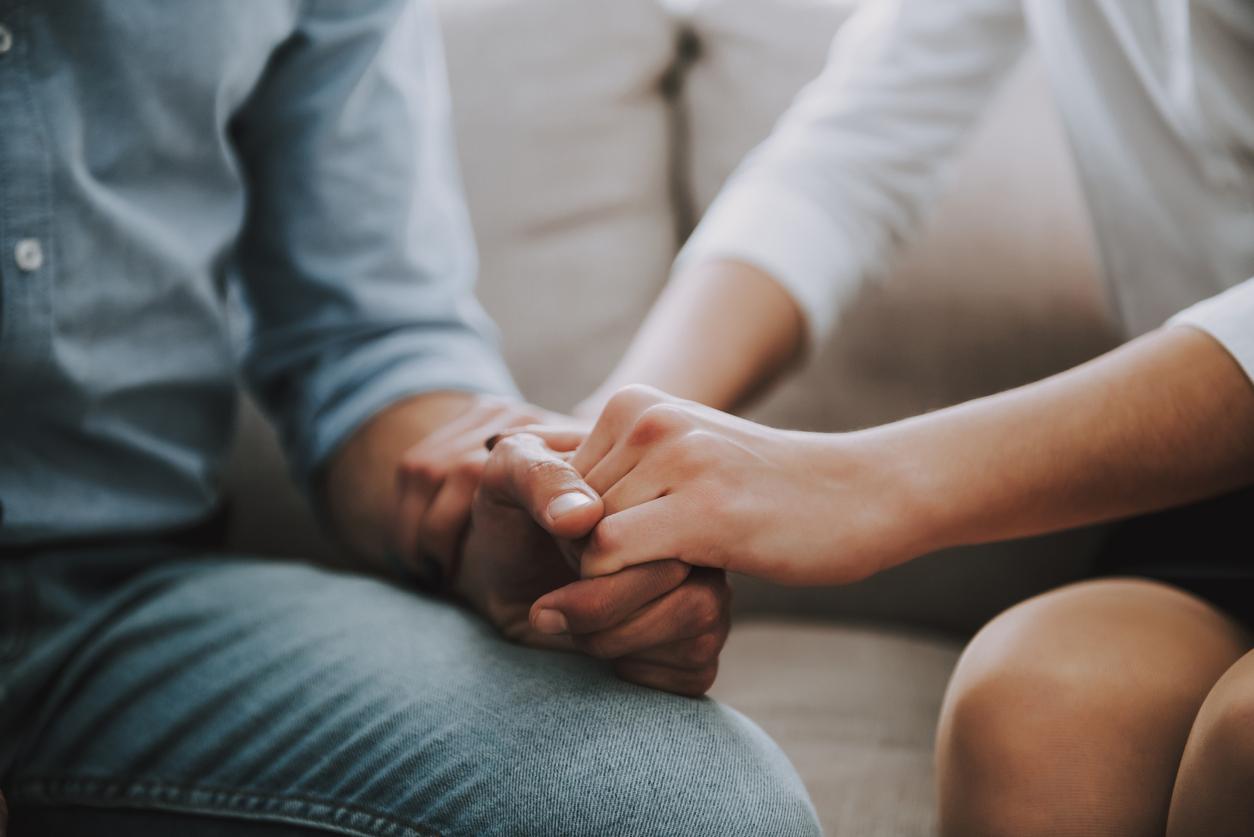
- Learning to recognize an attachment disorder can help to better understand why a person reacts in such a way in the couple.
- Indeed, depending on the type of attachment, it is possible to adapt one’s behavior to improve the romantic relationship.
Attachment theory, described by John Bowlby, links the emotional relationship a mother has with her baby to the consequences for her relationships with others as she grows up. Learning to recognize this type of disorder can help to better understand why a person reacts in such a way in the couple.
What are the types of attachment?
There are four main types of attachment that can have consequences in adulthood:
- Secure attachment when the child has grown up in a predictable and consistent environment.
- Anxious attachment with inconsistencies and therefore unpredictability that makes one think that one’s actions are totally independent of what will happen.
- The avoidant attachment which has instilled the idea in the child that can expect nothing from others even in the most critical moments and results in adulthood in very autonomous and cautious behavior with emotional difficulties .
- Disorganized attachment which is a mix between anxious and avoidant attachment and which causes suffering in relationships with others. They are adults who often experience frustration in their relationships.
How to react if your partner has an attachment problem?
Depending on the type of attachment, it is possible to adapt one’s behavior to improve the relationship:
- In case of anxious attachment, no word of love is enough and stability seems impossible. You must therefore accentuate the unconditionality of your love and set limits so that your partner feels safe.
- In case of avoidant attachment, your partner needs his space but must also learn to trust you and ask for help.
- In case of disorganized attachment, couple problems are often linked to the ambivalence between what your partner wants and how he acts. He often expresses anger and anxiety, which is why you have to hang in there and very often refer him to psychotherapy.
Find out more: “Healing attachment wounds: Learning to build peaceful bonds” by Gwénaëlle Persiau.









